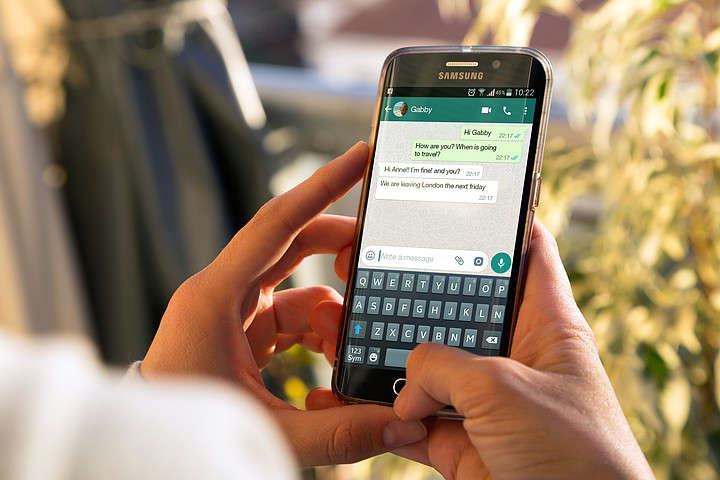
From May 15, the rules of the WhatsApp messenger will change. On the Internet, they are called either bonded or scandalous, and these are just the most decent epithets. Let's figure out what will change for users if they accept (or not accept) the new terms.
1. What are the new rules?
They're not that new, actually. Back in January, WhatsApp announced that it was updating its privacy policy. All users of the messenger received a notification with a proposal to accept the new terms. You cannot reject it – you can only postpone it for later by clicking the “Not now” button.
The procedure is absolutely standard, but this time users were alarmed by one moment. The WhatsApp developers have announced that they will now transfer the data of their users to Facebook, which owns the messenger. Among other things, Facebook will receive:
– mobile numbers (of the user himself and his contacts),
– device data (model, operating system, telecom operator),
– IP address (user location),
– payment data.
This caused a storm of criticism: millions of users from different countries refused to accept the agreement and began to massively switch to other messengers. As Western media wrote, in January alone, 30 million users fled from WhatsApp. The new rules were supposed to work from February 8, but fearing a wave of negativity, the WhatsApp administration postponed X-day to May 15. At the same time, the rules themselves did not change.
By the way, many believe that WhatsApp has previously transferred user data to Facebook – try not to share it with the parent company. It's just that now he decided to do it openly.
2. Why is it dangerous?
The very fact of transferring your data to Facebook is not a big deal. Unless the ads that the social network gives you will become more “personal”. If you write to a friend in WhatsApp that you want to buy a new phone, Facebook will fill you up with ads for mobile phones. But this was not what frightened users – we all got used to such things for a long time.

The fact is that Facebook is often accused of too carelessly handling personal data. For example, three years ago, the head of Facebook, Mark Zuckerberg, even had to answer to the US Congress after the data leak of almost 100 million users.
3. What happens if I do not accept the new conditions?
You will be excommunicated from the messenger. But not at once. WhatsApp reports: after May 15, users will be given a few more weeks (how much is not specified) so that they still accept the new conditions. A notification about this will regularly pop up on the screen of your messenger – you will not be able to miss it. And if you press the Not Now button every time, WhatsApp will move on to punitive measures.

First, the ability to send messages will disappear and your entire chat history will disappear. Then you will stop receiving new messages. Then your calls will be disconnected. And at one point, the messenger simply won't open and your account will be blocked forever.
4. Maybe I have already accepted them?
Indeed, you could have pressed the “Accept” button by inertia back in winter and safely forget about it. Here's how to find out if you've accepted the new terms or not:
– Open “Settings”
– Select “Account”
– Click on “Request account information”
– Click “Request Report”
The report should arrive within three days. After that, opening the messenger, you will see a notification: “Your account information report is ready.” You will be given several days to download, after which the report will disappear from access.
5. Where to run?
Every fourth inhabitant of the planet uses the WhatsApp messenger, and in Russia it is installed on almost 70% of smartphones. But this does not mean that WotsApp has no alternatives. Here are ten of the most popular instant messengers in the world (we quote the number of users according to the German analytical company Statista):
WhatsApp – 2 billion
Facebook Messenger – 1.3 billion
WeChat – 1.2 billion
QQ Messenger – 650 million
Telegram – 500 million
Snapchat – 450 million
Discard – 300 million
Viber – 270 million
Line – 250 million
Skype – 50 million
Choose the taste! Only WeChat, QQ and Line are unlikely to work: they are wildly popular in China and other Asian countries, they are rarely used in our country (and the latter is generally blocked in Russia). We would venture to assume that the bulk of users who do not want to distribute their data to the right and left will “leak” to Telegram. The creator of this messenger, Pavel Durov, always emphasizes that user information is encrypted so cunningly that it cannot fall into the wrong hands. Last year, it was Telegram that millions of users who were dissatisfied with Facebook's policies switched to – this is how Pavel Durov's social network grew to half a billion.

